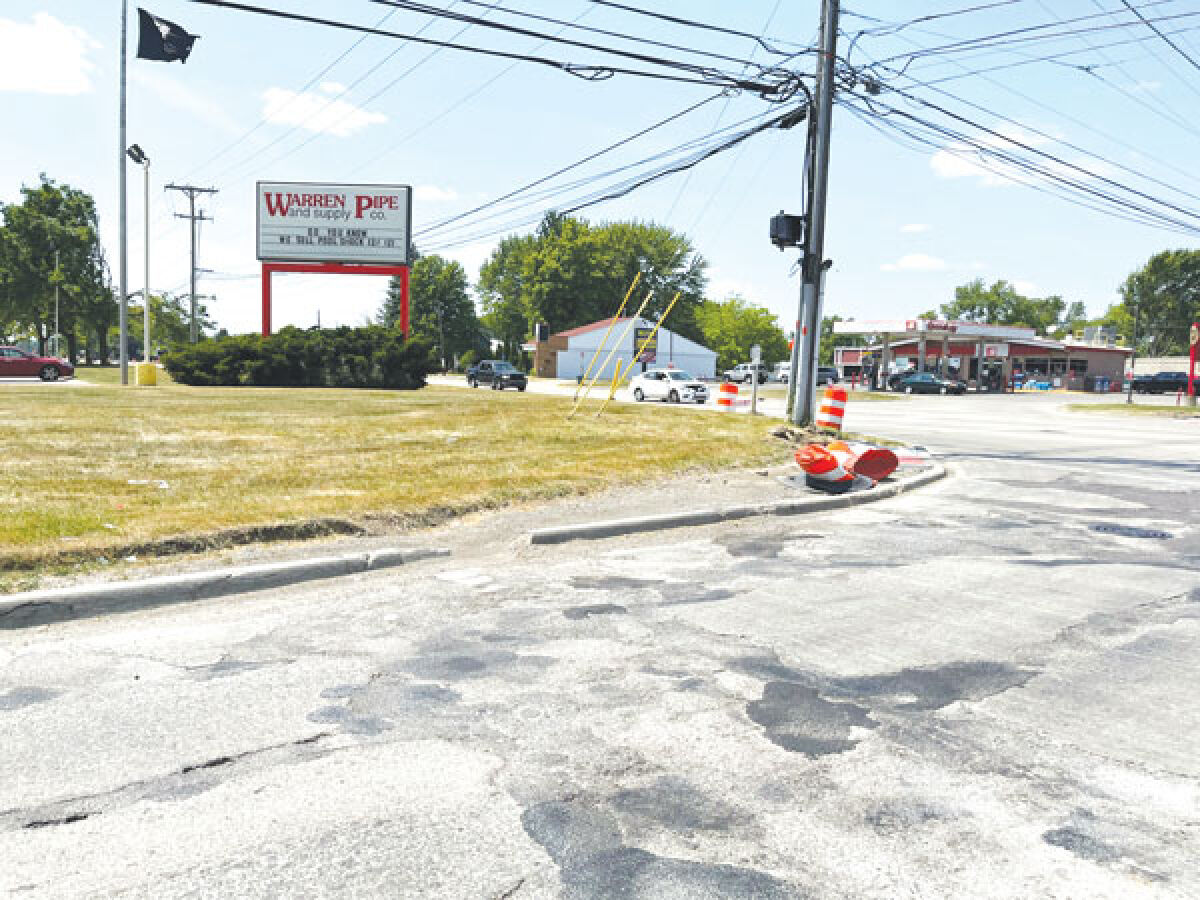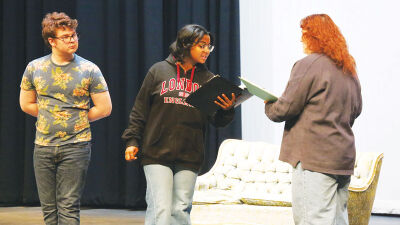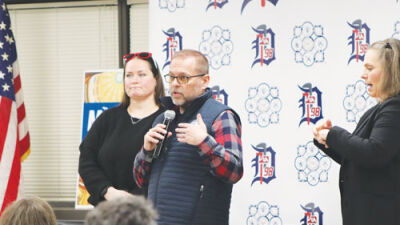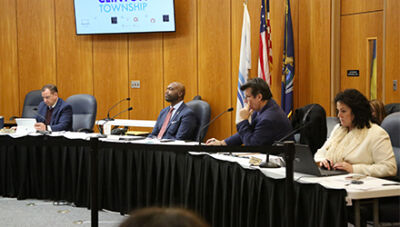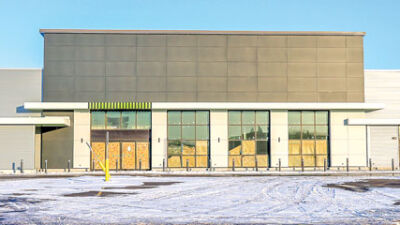FRASER — Plans for long overdue roadwork in the Fraser Industrial Park are being debated as local property and business owners, and city officials, discuss a controversial assessment to pay for the project.
The issue was discussed at length at the Fraser City Council meeting on June 8. Many business and property owners from the industrial park attended the meeting to voice their concerns that the tax assessment that would be placed on the properties to pay for new roads in the industrial park were unreasonably high, with some stating that it could threaten their businesses.
“I am here to put it on the record that we are against this assessment,” said Kaitlin Fox from the Trinity Tool Company. “We have been at this location for more than 50 years, have contributed to the community in numerous different ways, have been loyal to the city of Fraser, and it is completely unbelievable this assessment that you are proposing. Our taxes would be doubling, if not more than doubling. It is just not sustainable. We love this city, but if this goes through, we might have to think about other options.”
The roads in the industrial park were last worked on in 1996, designed with a 20-year life span. Many, including the business owners in the industrial park, have long decried the poor state of the streets in the area. Councilman Patrick O’Dell said the project needs to be done and the money has to come from somewhere.
“The worst thing we want to pay is taxes, especially when we could instead be putting that money into machinery, people and things like that. But we also have been dealing with complaints over the years,” he said. “I’ve only been on the council two years, but I’ve heard again and again that those roads have to be fixed. There’s no easy fix for this. We’re going to need to work together to come to some sort of solution. We are talking about more than 120 parcels, but we want the industrial park to have the roads that it should. Unfortunately, over the years, money was not allocated for this.”
The assessment is based on each business’ frontage, not on the overall square footage of the building or property. Michael Vigneron, the director of engineering at Anderson, Eckstein & Westrick, which is overseeing the project’s planning, explained that this was a standard method of determining tax assessments for a project of this nature.
“It’s not always the entire frontage of the parcel, but the accessible frontage of the parcel,” he said. “This is a full reconstruction of the roadway, including the base and drainage. All driveways would be addressed. Some of the costs would cover some night paving (because paving during the day) was a big issue the last time work was done.”
The assessment would tax $808.27 per assessed foot of street frontage. Some in the audience made the claim that the city of Fraser thought it could charge whatever it wanted because business owners, who often do not reside in Fraser, do not get a vote for who is on the City Council.
“It’s not a case of, ‘If you don’t vote, we don’t care,’” said Fraser Mayor Michael Carnegie. “Fraser is a four-square-mile community, and we try to do what’s best for everybody. This is not to blindside anybody because this has been a long-term project.”
Several business owners who spoke said they believed it unfair that such a high assessment was being placed on them when the city is paying less than 10% of the estimated cost.
“One company (I own in the industrial park) has 315 feet fronting the street. This would equal $250,000 that would need to be paid over three years,” said Doug Hagerty, the former mayor of Fraser and owner of nine properties in the city. “Another down the street is on a corner with 499 feet. That would be $404,000 over three years.”
“It’s probably one-third of the city. It’s between 15 Mile Road, Kelly Road, and Malyn Boulevard,” Carnegie said. “Our goal is to pay part of the $18 million cost. Right now, we are looking at paying about $1.5 million, but if our audit comes back positive, we would like to pay more money toward this project. … We searched a lot of options looking for grants and other money. … We applied for funds from the state and the federal government, but sometimes you just come up short.”
The plans will be decided at the council’s meeting on Thursday, Aug. 10. To better work with the local business community and attempt to find possible solutions to concerns, a town hall meeting was tentatively planned prior to that. The date and time of the town hall meeting will be available on the city’s website, ci.fraser.mi.us, when plans are finalized.
“All we voted on (June 8) was to allow the tax assessor to publish what the tax increase would be for the frontages of each of those businesses,” said Carnegie. “We want to see what every actual business is paying. We want to make decisions based on real numbers, not estimates. … Nothing about the outcome of this issue was decided tonight.”
Some, such as Chris Michayluk, the owner of Complete Prototype Services, which has five buildings in the industrial park, said that unless major changes are made to the plans for the roadwork and how it is paid for, many businesses in Fraser could be threatened.
“I have over an estimated 1,200 linear feet between the properties I have in the industrial park,” Michayluk said. “I’m really concerned. A rough calculation I ran puts what I would have to (additionally) pay at $800,000 or more. I have made $150,000 in profit over the last three years, so business isn’t exactly booming. This would jeopardize my business.”
Work would be done over three years. Payment for the project is allowed to be spread out for up to 10 years. Even if it were spread out to its maximum amount, business owners say the amount being collected would still be a threat to many Fraser businesses — businesses that the property owners say pay for approximately 40% of the city’s revenue and were what kept Fraser going during hard financial challenges.
“The Fraser Industrial Park was developed in the 1960s. … This is what pays for the city during lean times. … If it weren’t for the industrial park, during the recession, when all the residential property values went down, it would have been a totally different story (for Fraser),” said Hagerty. “Some of these guys (who own property in the industrial park) feel like because they don’t vote, that the council doesn’t care about what they think. But this is a lot of money we’re talking about. … You could be hitting them really hard.”
 Publication select ▼
Publication select ▼